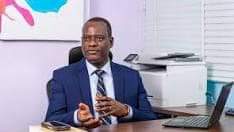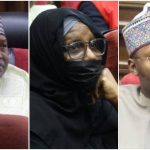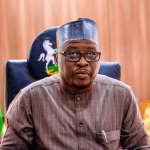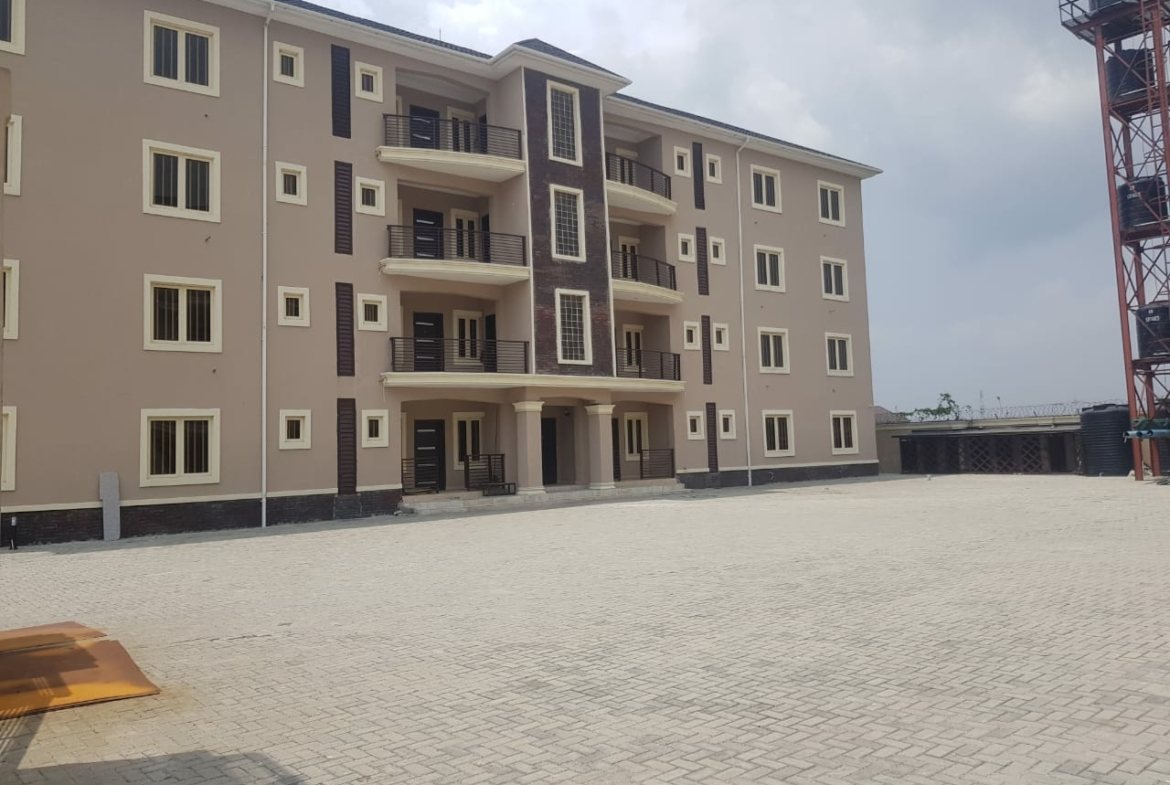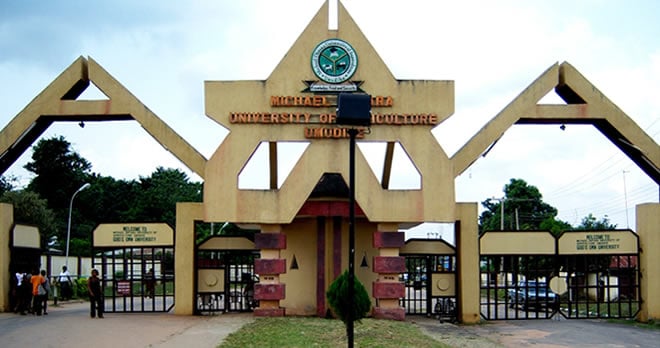… Experts fault government claims
Conflicting financial claims and borrowing policies of the Federal Government are raising questions about the management of Nigeria’s economy under President Bola Tinubu.
The situation became even more puzzling when the Senate approved a fresh loan request of $2.2 billion, just few days after the Minister of Finance and Coordinating Minister of the Economy, Mr. Wale Edun, lauded the government’s $20 billion savings from fuel subsidy removal and foreign exchange reforms.
African fashion
The loan, according to authorities, is part of efforts to plug the N9.7 trillion budget deficit for 2024, despite assurances that the savings would significantly ease fiscal pressures.
One of the promises made by the President on assumption of office was that his administration would cut down on the over-reliance on borrowing for public expenditure. He said he was going to curtail government’s borrowing so as to reduce the debt service burden on the country.
Tinubu also told Nigerians that his “fuel subsidy is gone” pronouncement on May 29 would lead to significant savings and resource re-allocation for the country. “We shall instead re-channel the funds into better investment in public infrastructure, education, healthcare and jobs that will materially improve the lives of millions,” he had said.
Accordingly, Edun, while celebrating the gains of Tinubu’s reforms, notably the removal of fuel subsidies and the floating of the naira, claimed that these measures have saved Nigeria $20 billion, approximately 5% of the nation’s Gross Domestic Product (GDP). This figure has been presented as a monumental achievement, with promise of redirection of funds toward critical sectors, such as infrastructure, healthcare, education, and social services.
But in stark contrast to the triumphant announcement of these savings, the Senate recently approved Tinubu’s request to borrow $2.2 billion to fund the 2024 budget and bolster foreign reserves. The loan, according to Senate reports, will be sourced through Eurobonds and other international financial instruments.
Debt on the rise
Nigeria’s debt profile is already worrisome, with debt servicing consuming a significant portion of national revenue. As of June 2024, the nation’s total public debt stood at N134 trillion, climbing to N138 trillion by November, a sharp increase from previous years, which analysts see as signaling a potential debt crisis.
Nigeria’s debt-to-service-revenue ratio quickened to 162 percent in the first half of 2024, up from the 128 percent reported in the same period of 2023.
A rising debt-service-to-revenue ratio means that a large percentage of the government’s revenue, which should be used for capital expenditures, is portioned to pay off debt commitments.
For instance, debt service costs surged by 69 percent year-on-year to N6 trillion in the first six months of this year, consuming about 50 percent of the Federal Government’s aggregate expenditure, highlighting the significant burden of debt obligations on the government’s finances.
Although the current public debt-to-GDP ratio is slightly below the IMF’s 60 percent benchmark for emerging market countries, analysts fear that the nation’s weak revenue profile and FX volatility risks could further escalate debt levels, further straining the already strained economy.
Accountability concerns
Stakeholders are in agreement that a declaration of financial salvation and an eagerness to incur more debt at the same time raises significant questions about fiscal discipline, economic priorities, and public accountability in Nigeria’s economic management.
The Human Rights Writers Association of Nigeria (HURIWA), in a strong-worded statement seen by our correspondent on Friday, criticized the government for failing to align its rhetoric on savings with its actions on debt accumulation, warning that the inconsistency is damaging public trust.
The association, through its National Coordinator, Comrade Emmanuel Onwubiko, described the government’s financial approach as “inconsistently troubling.” HURIWA questioned the veracity of the $20 billion savings, demanding a comprehensive expenditure profile to clarify how the funds were utilized or where they are currently held.
“If this government has genuinely saved $20 billion as claimed, why is there an urgent need for further borrowing? This contradiction raises serious questions about the accuracy of the government’s statements. Is the $20 billion savings an ‘audio’ achievement, or has it been mismanaged? Nigerians deserve to know the truth,” the group emphasized.
HURIWA accused the government of misleading citizens and called for an immediate public disclosure of the savings’ details. “Transparency in fiscal management is the cornerstone of good governance. If this money truly exists, the government should provide clear evidence of its allocation. If the claim is untrue, Nigerians deserve an unreserved apology for this misrepresentation,” HURIWA stated.
HURIWA called on civil society organizations, professional bodies, and Nigerians at large to hold the government accountable for its fiscal policies. The group emphasized that unchecked borrowing and financial mismanagement would have dire consequences for future generations.
In his intervention, a public affairs analyst, Isaac Asabor, argued that the government going to borrow a modest $2.2 billion when $20 billion has allegedly been saved does not only raise a fundamental question, but also suggests either a lack of fiscal coherence or a misrepresentation of the government’s financial position.
”The essence of saving, whether in personal finance or national budgeting, is to build a buffer against future expenses. If Nigeria truly has $20 billion in savings, it is logical to draw a portion of these funds to cover the $2.2 billion requirement rather than incurring additional debt, Asabor said.
‘’Borrowing comes at a cost, including interest payments, currency risks, and the burden of repayment for future administrations. By contrast, utilizing saved funds would reduce these financial liabilities while signaling to Nigerians that the government is committed to fiscal responsibility”.
Continuing, Asabor said, “If Tinubu’s administration truly seeks to transform Nigeria’s economy, it must embrace transparency, accountability, and fiscal discipline.
“The $20 billion savings should not be an abstract concept but a tangible resource deployed to uplift the nation. Anything less undermines the sacrifices Nigerians have made and erodes confidence in the government’s reform agenda.
“The choice is clear: draw from the savings or risk perpetuating a cycle of debt that future generations will bear. It is time for the government to practice what it preaches and ensure that its economic decisions reflect the interests of the Nigerian people.’’
However, the Federal Government, aware of its shortage of revenue and ballooning debt profile, is proposing changes in its tax laws to significantly boost revenues, as the West African nation seeks to control its widening deficit and borrowing costs.
Taiwo Oyedele, head of the government’s tax reform committee, recently said in an interview that the reforms would lead revenue to “double within the next two to three years” as a share of gross domestic product. “If we are moving from 9 percent to 18 percent, that means we are doubling it.”
In what seems to be a corollary, analysts at FBNQuest Capital Research anticipate an improvement in the nation’s fiscal purse due to exchange rate gains and on-going efforts by the Federal Government to increase non-oil revenue.
“However, we expect to see a rise in Nigeria’s debt burden due to extensive government spending and higher naira costs resulting from the naira devaluation,” it said.

